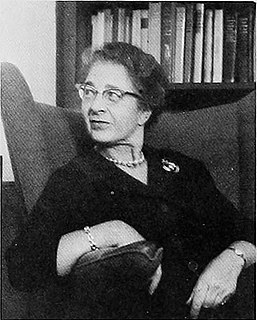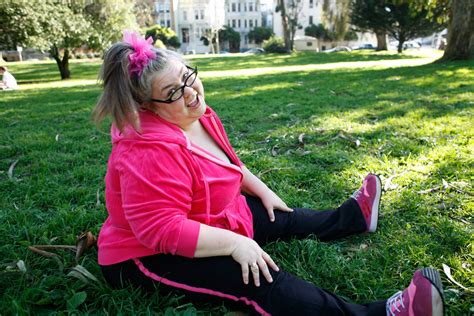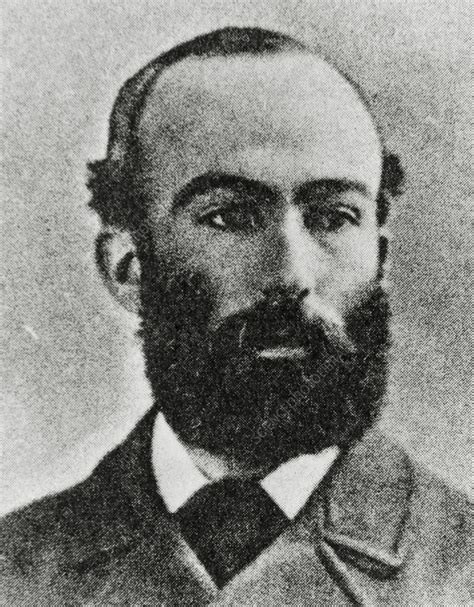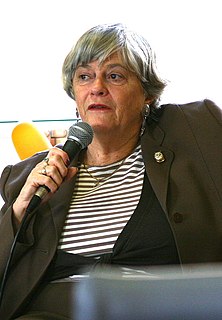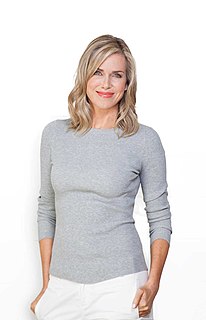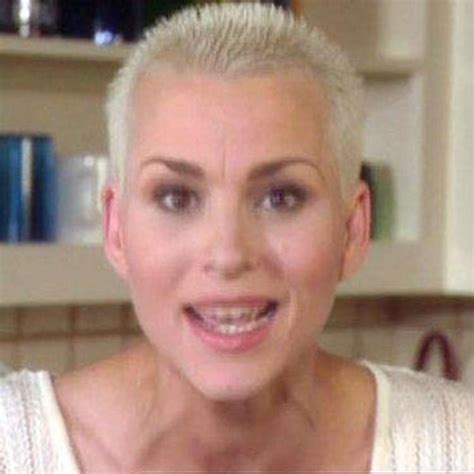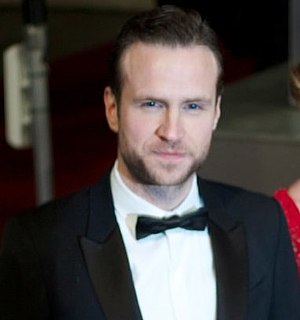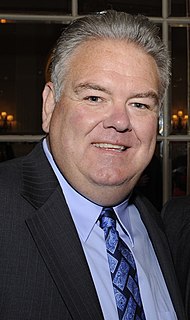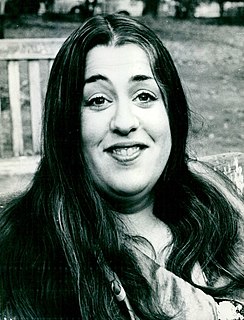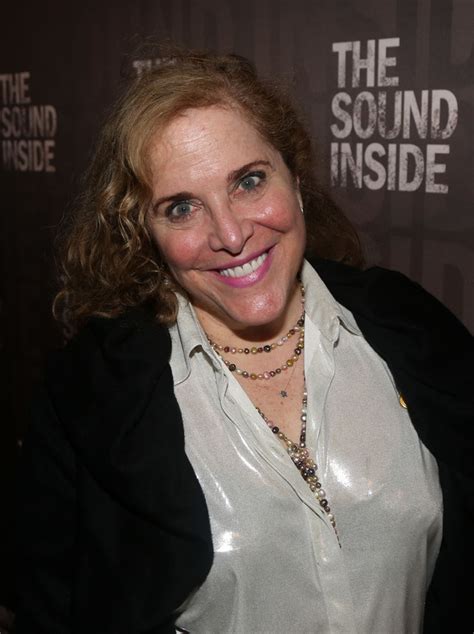A Quote by Hilde Bruch
Looking at obesity without preconceived ideas, one would assume that the main trend of research should be directed toward an examination of abnormalities of the fat metabolism, since by definition excessive accumulation of fat is the underlying abnormality.
Related Quotes
It is often said that experiments should be made without preconceived ideas. That is impossible. Not only would it make every experiment fruitless, but even if we wished to do so, it could not be done. Every man has his own conception of the world, and this he cannot so easily lay aside. We must, example, use language, and our language is necessarily steeped in preconceived ideas. Only they are unconscious preconceived ideas, which are a thousand times the most dangerous of all.
Being fat is the absolute nadir of the misfit. You're a misfit because nothing fits. You don't fit in. You're not fit. You're fat. Fat doesn't have the poetic cachet of alcohol, the whiff of danger in the drug of choice. You're just fat. Being fat is so un-American, so unattractive, unerotic, unfashionable, undisciplined, unthinkable, uncool. It makes you invisible. It makes you conspicuous.
